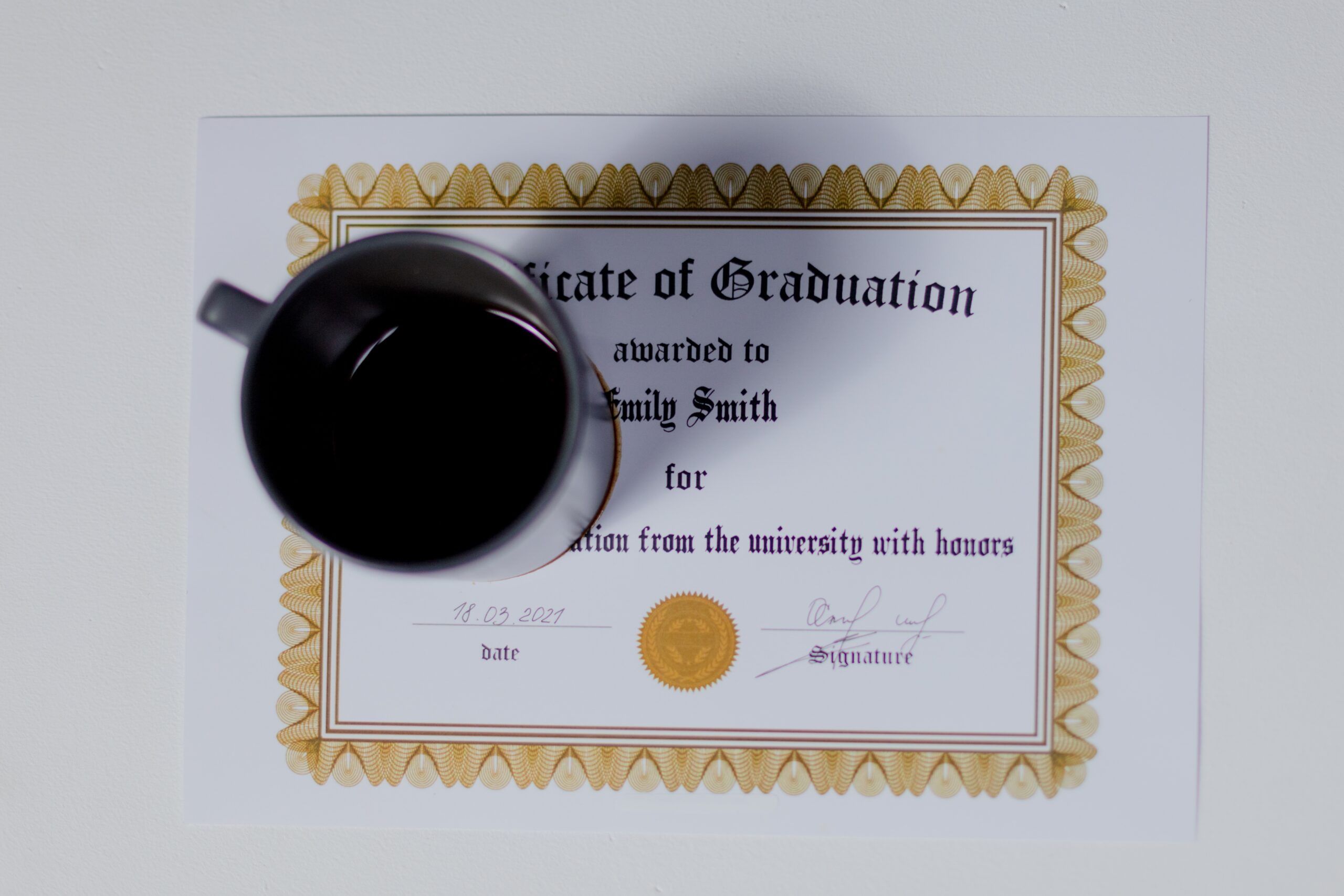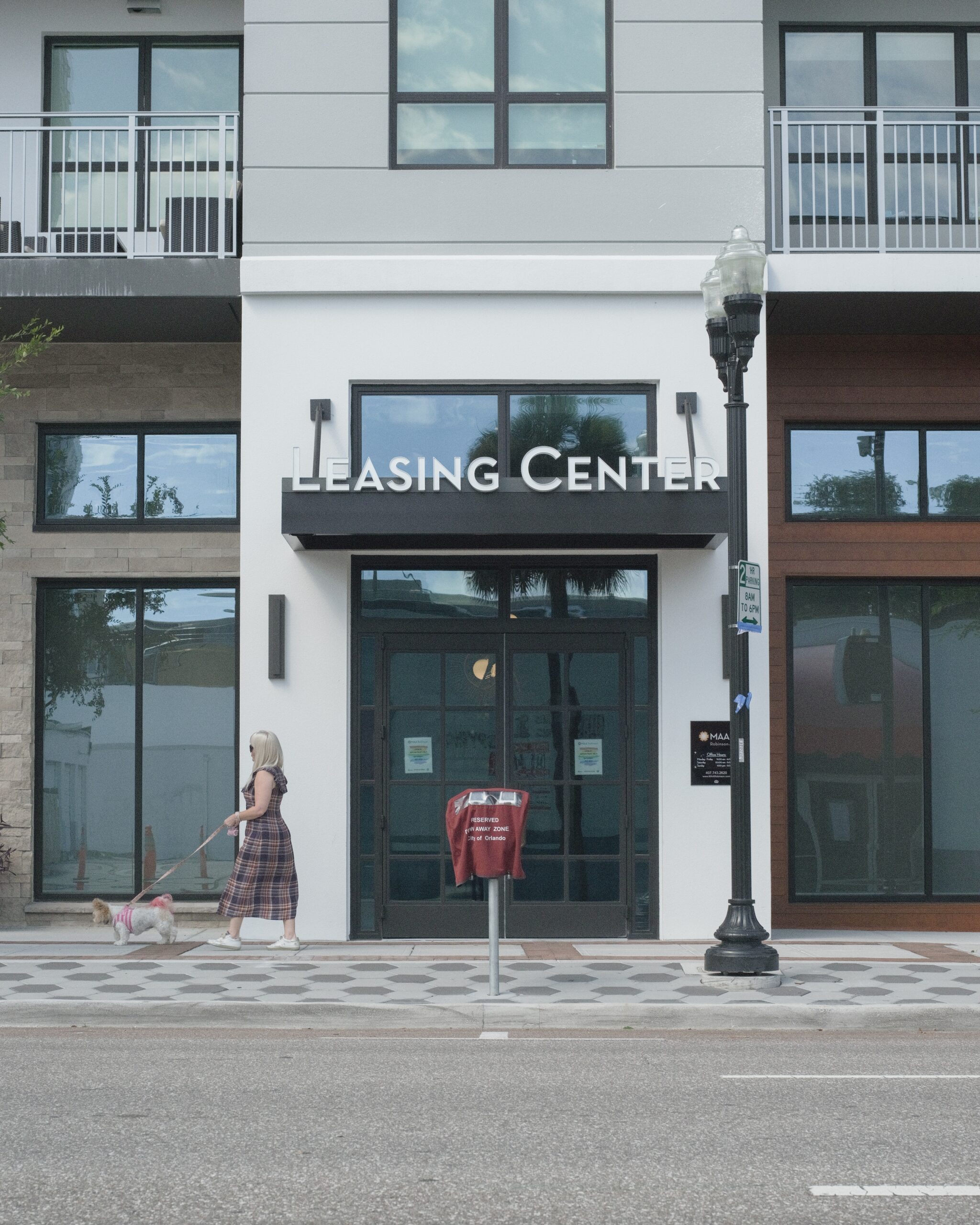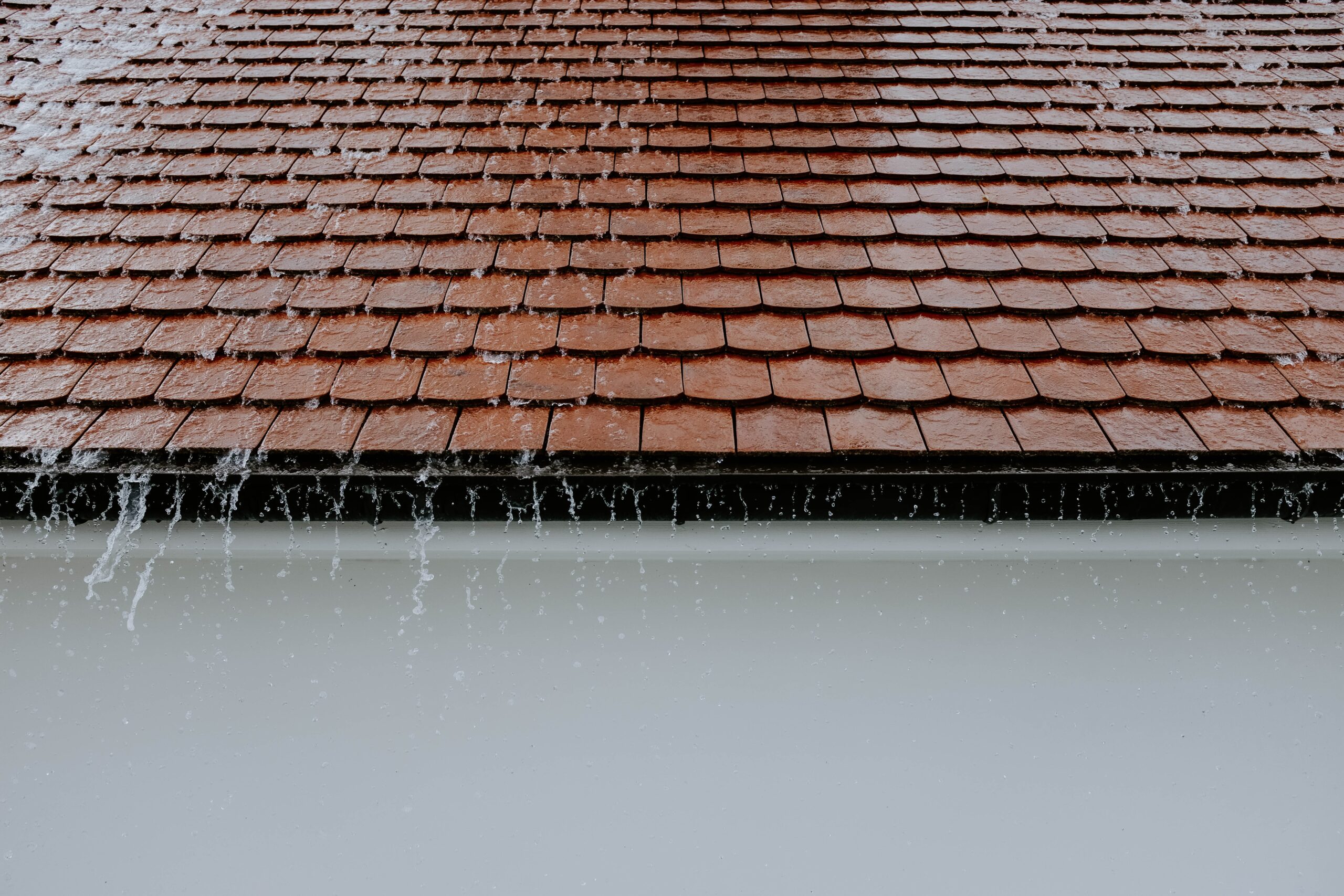A majority of businesses and organizations give their employees the option to work from home. Now many people can work from anywhere, so as their property manager, it’s in your best interest to accommodate their needs. Remote work is here to stay, so not making the necessary changes or adjustments might cause you to lose residents, both existing and potential. By reading this post, you’ll be able to reevaluate your property and ask yourself, “Does my rental property need an upgrade?
The top five work from home amenities are:
1. High-speed internet
Fast and reliable in-unit Wi-Fi is essential for every resident! The work-from-home trend thrives because of advanced technology. In order to support advanced technology, you need to provide high-speed internet. Additionally, placing routers in common areas will make your property more attractive to renters who work from home. It’s worth the investment, because various studies show that residents are willing to pay a high price for high-speed internet access.
2. Reliable cell phone reception
Reliable cell reception is critical for those residents who work at home. Unreliable cell service is a major distraction to remote workers who are focused on being productive during business hours. Consider investing in a cell phone signal booster to strengthen existing network signals like 4G, LTE, and even 5G!
3. Community work area
Remote workers enjoy working from home, but sometimes they’d rather work outside of their home office. Do you have an empty or unused space in your building that you can transform into a trendy co-working space? Consider it, because designing this space and giving it a fun name will make it the perfect amenity for your residents who work remotely!
4. Reservable private conference rooms for video calling
Go above and beyond with your work from home amenities by turning a small room into a reservable conference room! Most remote workers spend their day in remote meetings, so why not cater to them? When constructing this room, keep in mind that the walls should be a single solid color and have additional lights for the best lighting!
5. Sound reduction
It’s difficult for at-home workers to stay focused when there’s a lot of noise in the background. In a meeting or presentation, the noise can distract your residents from their work. Make it a plan to build noise-canceling features into the walls and floors. This will itself be a noisy project, so try to complete it outside of normal office hours.
No matter your business goals, ManageGo has your back. To discover just how our software solutions can benefit you and your unique property management needs, request a demo today. Or, connect directly with one of our experts and get started on your journey to better property management.
Want even more? Get your fix and follow our socials for all the latest property management tips, tricks, & trends!









